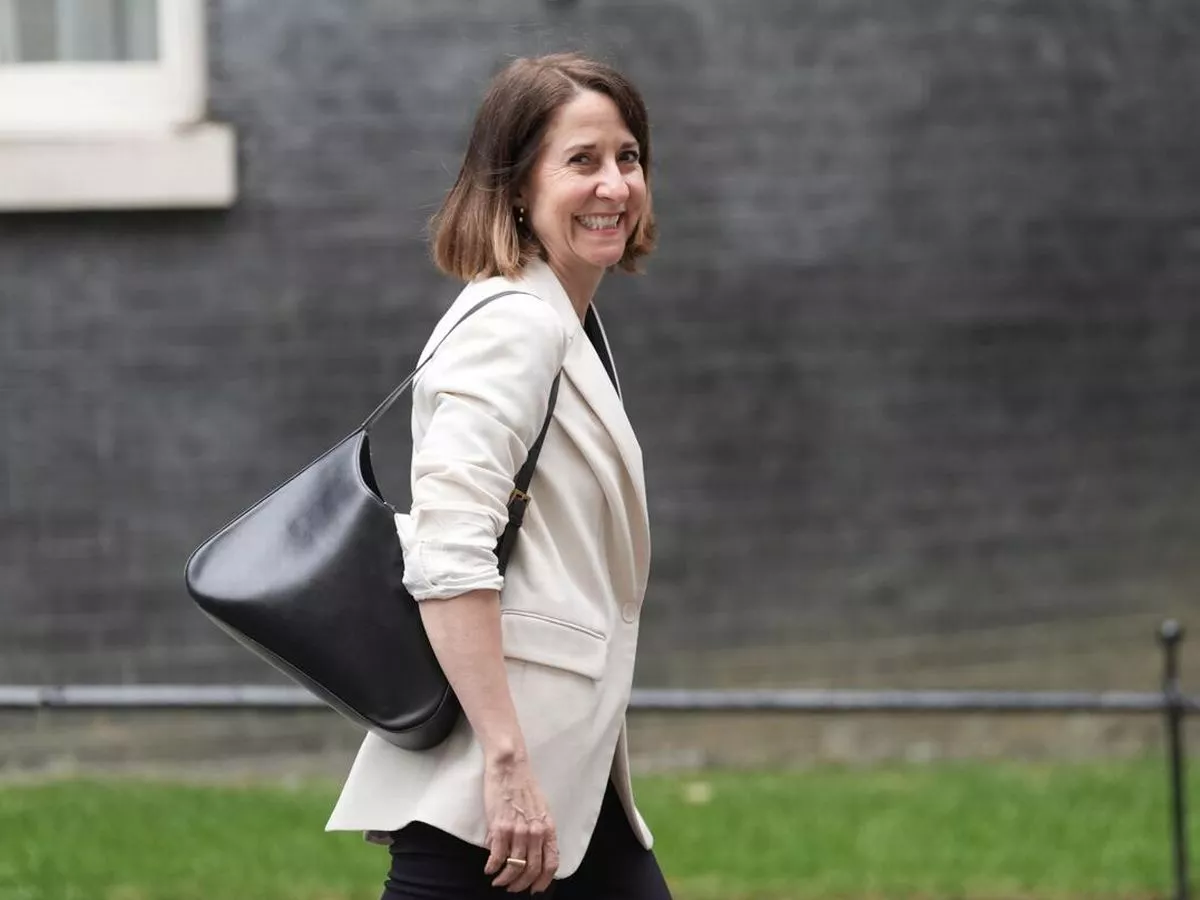By Ella Kipling
Nearly four million households are set to receive an income boost under proposed welfare reforms, the Department for Work and Pensions has confirmed. The main rate of universal credit will increase above inflation every year for the next four years, which is estimated to be worth £725 by 2029/30 for a single household aged 25 or over. This is about £250 more than inflation-only increases, the government has said. Last week, the prime minister U-turned on his benefits changes after more than 120 Labour MPs threatened to vote him down. Sir Keir Starmer offered concessions including limiting cuts to the personal independent payment (PIP) ahead of the bill’s second reading and vote on Tuesday. The government laid out details of the changes to the welfare bill on Monday (June 30), saying that it had “listened to the MPs who support the principle of reform but are worried about the pace of change for those already supported by the social security system”. The bill will rebalance universal credit (UC) rates by reducing the health element for new UC claims to the equivalent of £50 per week from next April. This aims to fix a system which “incentivises people to define themselves as incapable of work by paying health element recipients more than double the standard amount”, the DWP said. A “significant investment” in employment support has also been announced, with funding set to be brought forward to accelerate tailored employment, health and skills support. Work and pensions secretary Liz Kendall said: “We must build a welfare system that provides security for those who cannot work and the right support for those who can. Too often, disabled people feel trapped – worried that if they try to work, they could lose the support they depend on. “That is why we are taking action to remove those barriers, support disabled people to live with dignity and independence, and open routes into employment for those who want to pursue it.” The DWP also said that 200,000 people in the Severe Conditions Criteria group – which include those with the most severe, lifelong conditions – would not be called for a UC reassessment. While Keir Starmer initially proposed restricting PIP eligibility, he has now said that under the bill, all existing recipients would remain on the current system, and the eligibility restrictions would only apply to new claimants from November 2026. “For too long, meaningful reform to our welfare system has been ducked and delayed – stunting productivity, slowing down growth and ultimately holding British people and our country back,” the DWP said. “The government is taking decisive action and the difficult decisions needed to restore trust and faith in the system, providing opportunities for those who can work, and security for those who cannot.” The UC and PIP Bill will have its second reading in the House of Commons on Tuesday. On Friday (June 27), the prime minister told broadcasters: “The most important thing is that we can make the reform we need. We talked to colleagues, who’ve made powerful representations, as a result of which we’ve got a package which I think will work, we can get it right.” Keir Starmer added: “For me, getting that package adjusted in that way is the right thing to do, it means it’s the right balance, it’s common sense that we can now get on with it.”
